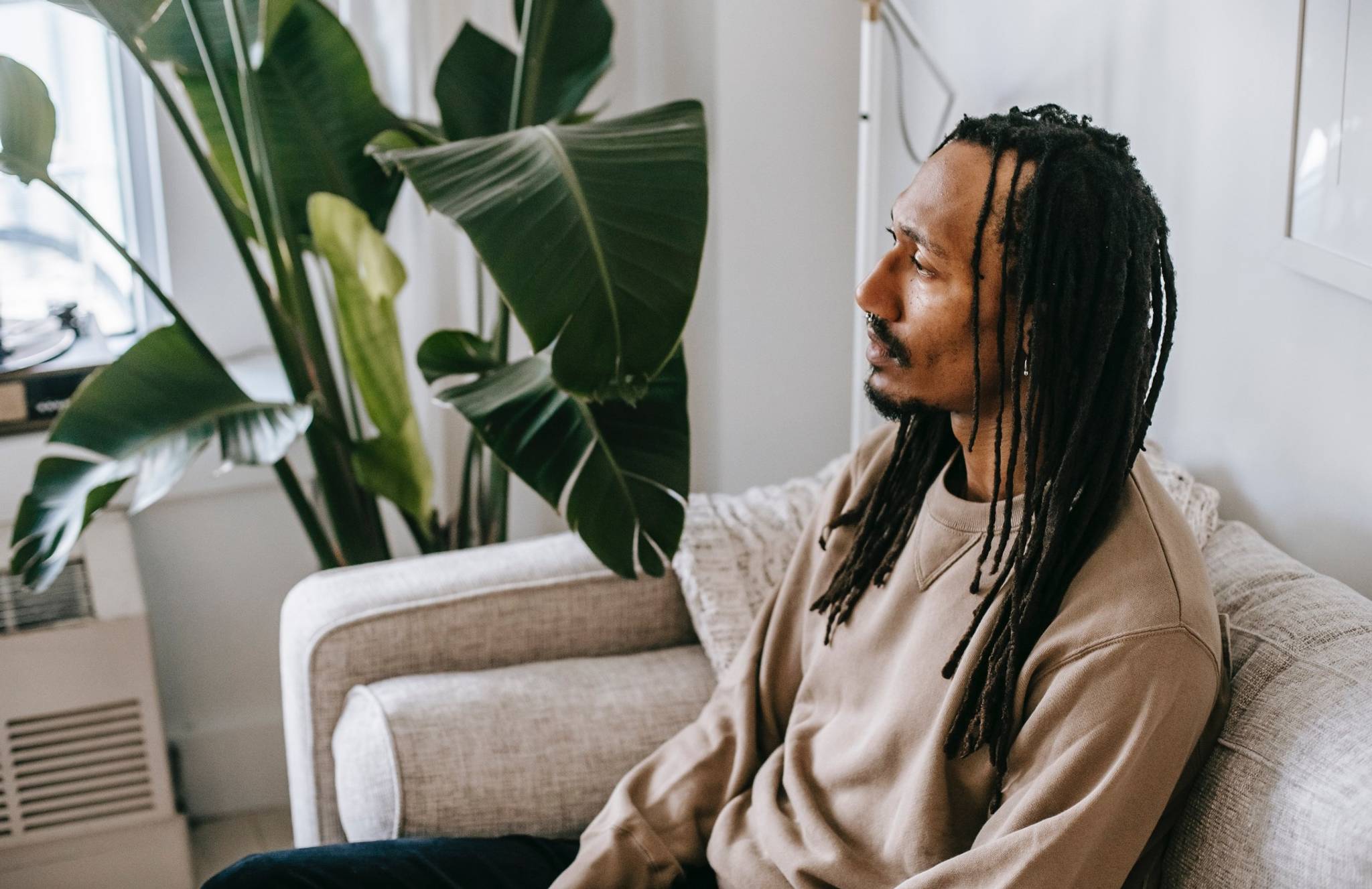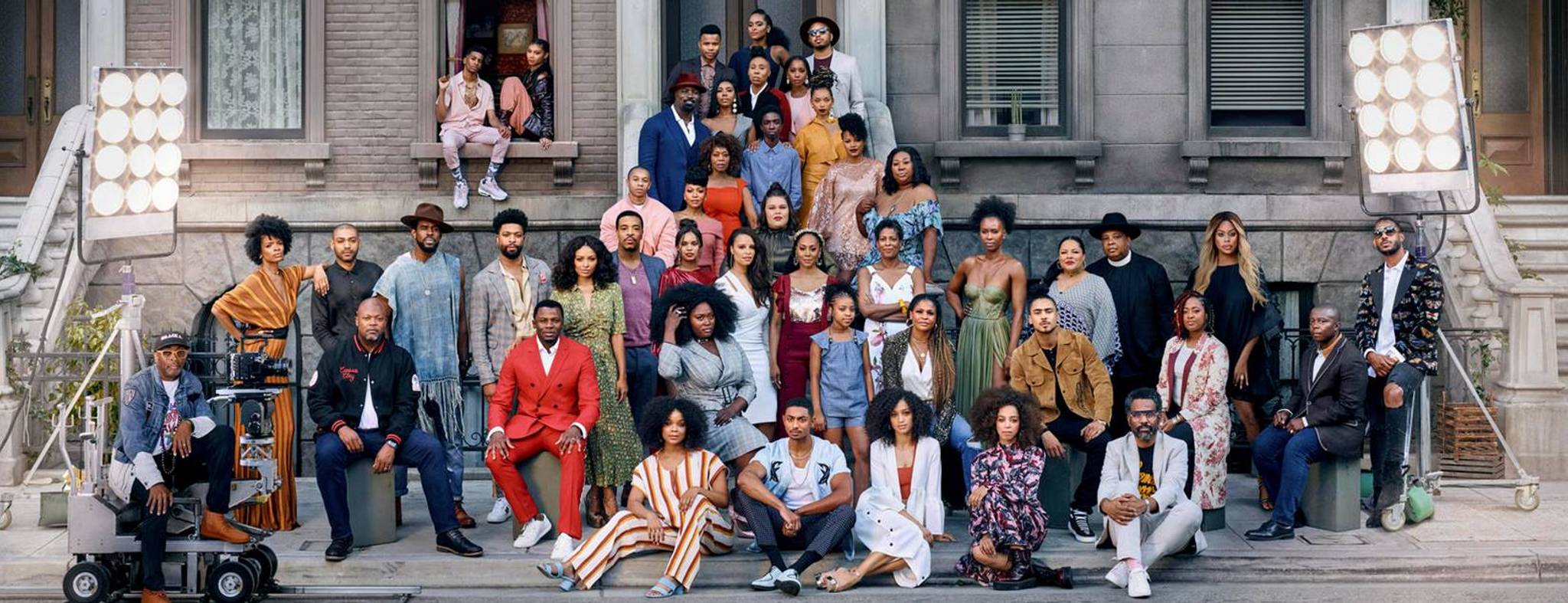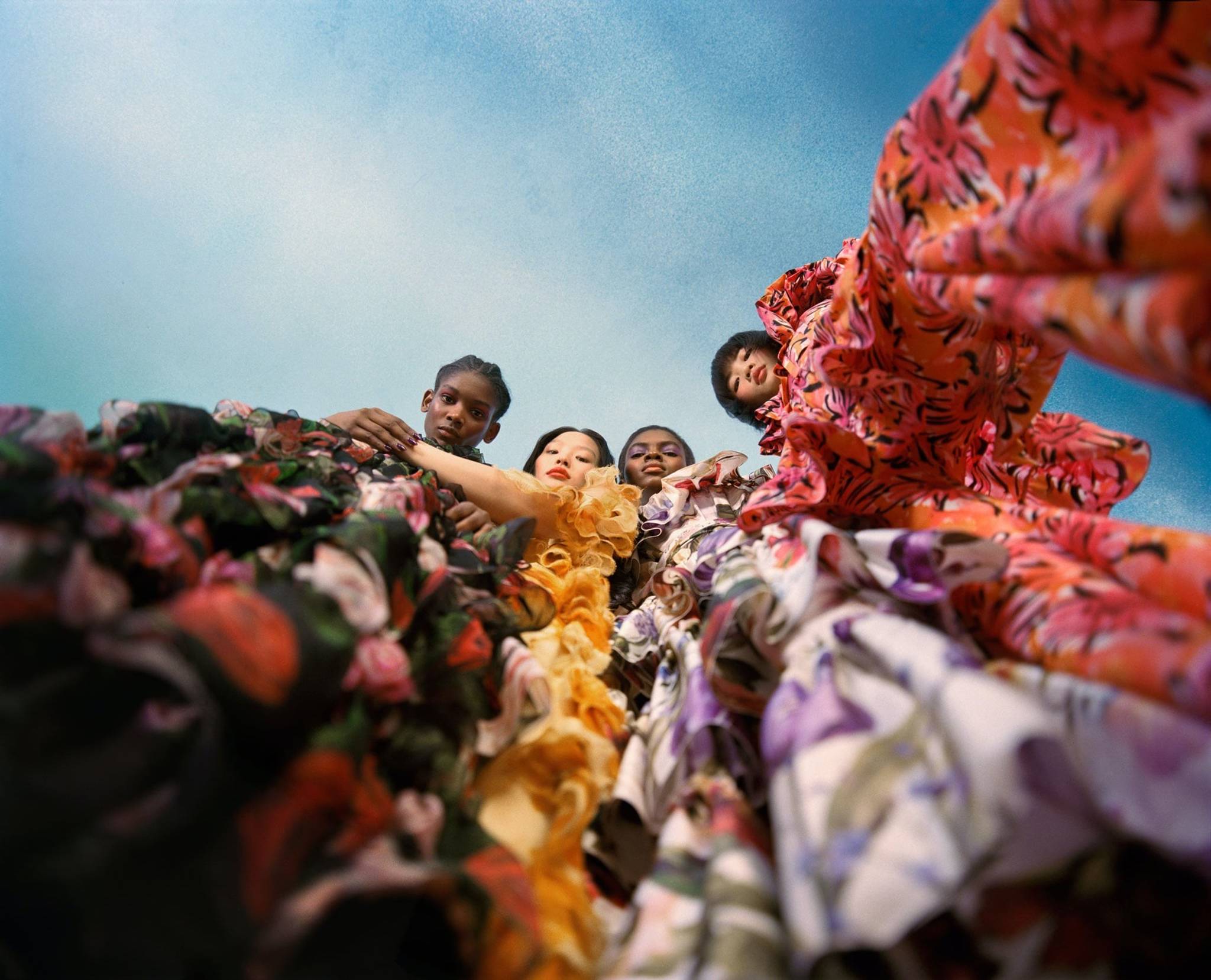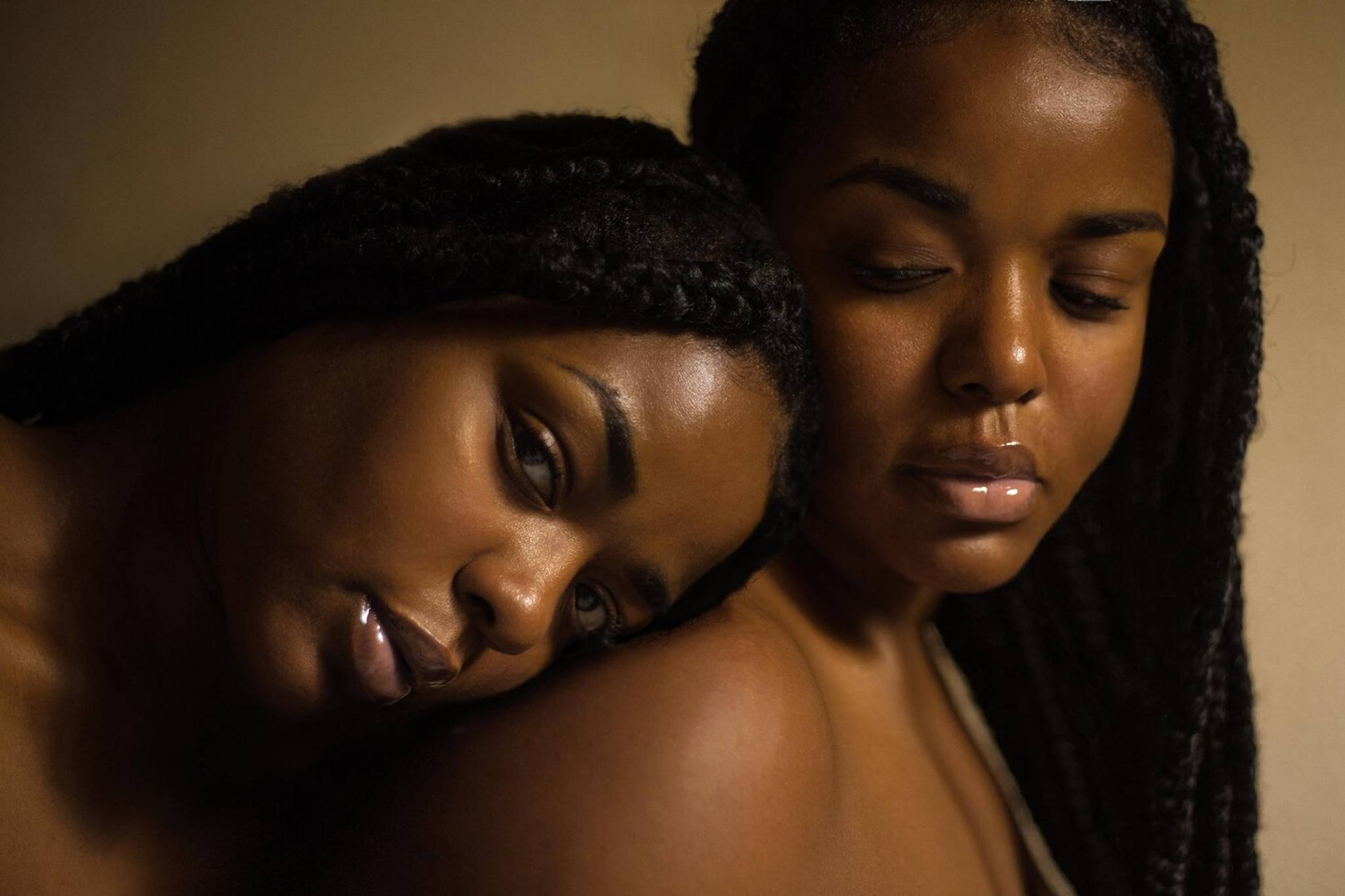
Black square posting, hashtag overdrive, and performative brand action. In response to the height of the Black Lives Matter movement in 2020, many brands chose to react by showing solidarity while others veered on the side of caution. Two years later, we look at what's going on in the landscape now.
The deaths of George Floyd, Breonna Taylor, and Ahmaud Arbery in 2020 were met with a global outpouring of grief, shock, horror, and anger. Brands, businesses, celebrities, and prominent voices in the Black community expressed their sympathy and condolences, with racial tension experienced in the US trickling down into other countries across the globe. In the UK, racially motivated hate crimes are the highest reported of any, rising by 73% in 2021. And in May 2022, gender equality organisation the Fawcett Society and race equality think tank the Runnymede Trust reported that 75% of women of colour had experienced racism at work.
With petitions, donations, and educational resources shared on social media in 2020 as the Black Lives Matter movement gained momentum, this significant cultural moment marked a shift in the way brands spoke out in support of Black communities. But how are their company commitments holding up over two years later? And what have companies really done for racial justice? We explore the insights behind brands that are contributing to real change, brands that support Black communities in an impactful way, and brands that missed the mark at this transitional point in time.
People want active, intentional brand allies
Capturing the mood of the general public when dealing with racial injustice is challenging. But brand responses that are aligned with action, intention, and a genuine commitment to creating change have resonated with audiences.
Nike isn't afraid to make social and cultural statements, and it has a long history of supporting racial justice. Before Blackout Tuesday in 2020, Nike released a video campaign encouraging people to pay attention to what was unfolding, and since then they’ve restructured their executive leadership team and committed $140 million over ten years to bolster organizations dedicated to the support of Black communities in the US. Another brand commitment that was well received was the founding of the 15 Percent Pledge, a US-based non-profit that's calling on brands and businesses to create supportive ecosystems where Black-founded brands can thrive. Since its initial inception, it has partnered with over 28 retailers and shifted almost $10 billion of revenue to Black-owned businesses.
In June 2020 Peloton announced it would commit $100 million over four years to fight racial inequality by increasing hourly wages, building learning and development programs, and supporting non-profit partners such as the NAACP Legal Defense and Education Fund. The company has also expanded its diversity, equity, and inclusion team, worked with Boston University’s Center for Antiracist Research to understand how racial equality impacts mental health and fitness, and partnered with Beyoncé to provide two-year free digital memberships to students at ten HBCUs. Airbnb has also fulfilled its $500,000 donation promise to NAACP and BLM since 2020, as well as matching employee donations, increasing diversity within the company, and announcing plans to make Juneteenth a paid company holiday to highlight the experiences of the Black community.
People want long-term support and systemic change
Striking a chord with consumers more than two years after the BLM movement entered mainstream consciousness can be a difficult path to tread. Building on diversity promises and doing much-needed good can align with people that want brands to commit to long-lasting change.
In May 2020, Sephora issued a statement standing in solidarity with the BLM movement, and later that summer it became the first company to commit to the 15 Percent Pledge. By the end of 2021, Sephora doubled the number of Black-owned brands it carried and is also now supporting Black communities through its Sephora Accelerate program. Most recently, it began to provide training for in-store employees to put a stop to customers' racially biased experiences. Netflix is also working to support Black people's lived realities. In 2020 the streamer added a collection to its catalogue to enhance the visibility of Black storytelling. It also pledged $100 million to financial institutions and organisations, committed $5 million to non-profits, and matched employee donations at 200%. Netflix is also boosting underrepresented communities in TV and film through its Creative Equity fund.
Snapchat released its first diversity report in 2020 followed up by a second in 2021 and has expanded the scope of its Discover content to spotlight LGBTQ+ individuals and people from minority ethnic backgrounds. But that's not all; to enhance the user experience of its app, Snapchat partnered with diverse experts to improve its camera functions so they work better regardless of skin tone, as well as launching a three-year equity partnership pledge in 2022 for original content partners. Not to be outdone on the tech front, Bumble worked with the Anti-Defamation League to improve underlying technology that addresses systemic racism on its app. It also announced paid time off for employees that are experiencing racial trauma and has revitalised internal policies to support historically underrepresented groups.
People won’t stand for performative brand action
For many people across the globe, the black square posting by brands in 2020 fell flat as it was deemed performative and insincere. Instead of jumping on a hashtag or trend, consumers want brands to do the work to become true allies in creating an anti-racist society.
Not all brand responses were well received after 2020’s Blackout Tuesday, and L’Oreal is one brand that came under fire. Model and activist Munroe Bergdorf pointed out that she’d been speaking out about racism for years and in 2017 she was fired from a L’Oreal job for doing just that. This was in stark contrast to the ‘speaking out is worth it’ message the brand posted in 2020. Glossier was also called out for its statement on Instagram pledging to stand in solidarity with Black communities, with an open letter shared on Instagram in 2020 detailing the racist and inequitable working environment experienced by some employees. Years down the line, consumers are questioning whether action has been taken within Glossier’s work culture, as apart from monetary donations and a grant program, not much change seems to have occurred within the company itself.
In 2020, when a fractured society was trying to work through the turmoil experienced worldwide, Starbucks pledged $1 million to organisations promoting racial equity, standing in solidarity with ‘Black partners, customers, and communities’. And yet, at the same time, it banned employees and baristas from wearing pro-Black Lives Matter clothing and accessories. It eventually reversed the decision and made 250,000 pro-BLM T-shirts for employees to wear, but for many, this was too little too late. Fashion Nova was also criticised in 2020. Given its consumer base consists largely of Black women, its black square Instagram post with no caption felt insincere and a knee-jerk reaction rather than a sign of meaningful solidarity. Even though it pledged to donate $1 million to various organisations and initiatives, its social media presence is still devoid of talk about combatting racial injustice beyond donations.



